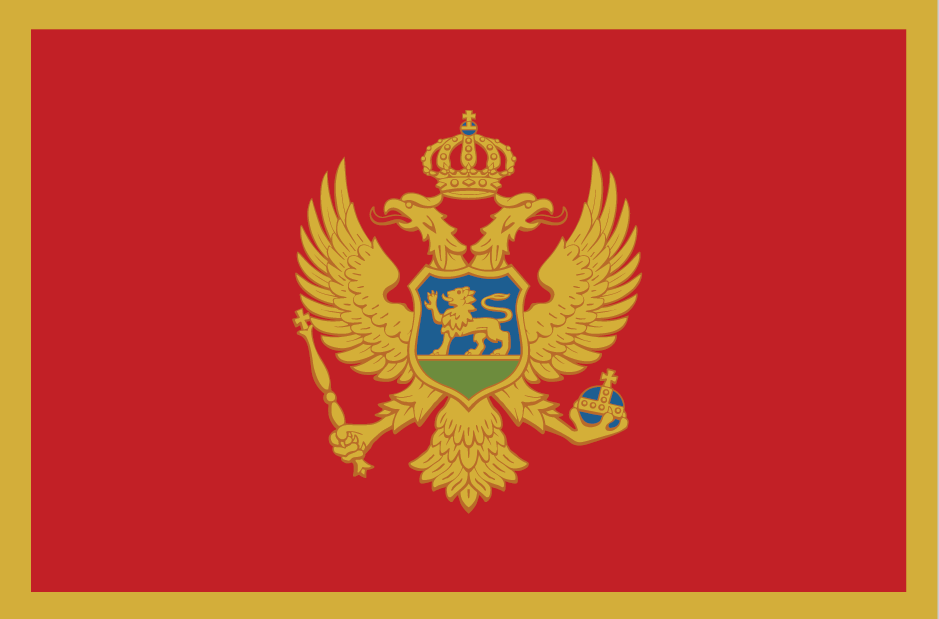
Sustainability Efforts
Country: Montenegro
Explore sustainability efforts in Montenegro. The United States Environmental Protection Agency (“EPA”) said it well when they state:
“Sustainability is based on a simple principle: Everything that we need for our survival and well-being depends, either directly or indirectly, on our natural environment. To pursue sustainability is to create and maintain the conditions under which humans and nature can exist in productive harmony to support present and future generations.”
About Montenegro
Montenegro, located in the Balkans, is a small country known for its stunning coastline, rugged mountains, and rich historical heritage. It offers picturesque beaches along the Adriatic Sea, such as the famous Budva Riviera. Montenegro’s medieval towns, including Kotor and Perast, showcase ancient architecture and UNESCO World Heritage sites. The country’s mountainous landscapes, like Durmitor National Park, attract outdoor enthusiasts for hiking and skiing. Montenegrin cuisine features Mediterranean flavors, fresh seafood, and hearty mountain dishes. The country’s warm hospitality and blend of cultural influences make it an enticing destination for travelers seeking natural beauty, historical charm, and an authentic Balkan experience. Sustainability efforts in Montenegro will enhance the country’s future.
Sustainability Efforts
Toggle each button below to “open” and “close” the presented data.

Montenegro has been working towards reducing poverty rates through various social welfare programs and initiatives. According to the World Bank, the poverty rate in Montenegro decreased from 8.6% in 2015 to 4.6% in 2019.

Montenegro has made progress in reducing hunger and improving food security. The prevalence of undernourishment in Montenegro was estimated to be 6.5% in 2019, according to the Food and Agriculture Organization (FAO).

Montenegro has been investing in improving healthcare infrastructure and access to healthcare services. The government has implemented reforms to enhance the efficiency and quality of the healthcare system. The life expectancy in Montenegro was reported to be around 76 years for males and 80 years for females in 2019.

Montenegro has been focusing on improving its education system and increasing access to quality education. The government has implemented education reforms to enhance curriculum standards and teacher training. The literacy rate in Montenegro is high, with nearly 99% literacy among youth aged 15-24 in 2015, according to UNESCO.

Montenegro has taken steps to promote gender equality and women's empowerment. The country has adopted laws and policies to address gender-based discrimination and violence against women. Women's participation in the labor force has been increasing, with a female labor force participation rate of 45% in 2020.

Montenegro has been working towards improving access to clean water and sanitation services. According to the World Bank, as of 2017, 99.3% of the urban population and 89.7% of the rural population had access to improved water sources.

Morocco has made significant strides in developing renewable energy sources. The country has invested in solar and wind energy projects, such as the Noor Ouarzazate Solar Complex, making Morocco a global leader in renewable energy. Renewable energy now represents a significant portion of the country's energy mix, contributing to reduced greenhouse gas emissions.

Montenegro has been striving to achieve sustainable economic growth through various economic reforms and investments. Before the COVID-19 pandemic, Montenegro experienced a period of steady economic growth, driven by sectors such as tourism and construction.

Montenegro has been focusing on promoting innovation and technological advancements in various industries. Efforts have been made to support research and development, as well as entrepreneurship and startup ecosystems.

Montenegro has been working to reduce inequalities through social policies and inclusive development strategies. Measures have been taken to address income disparities, regional disparities, and social inclusion.

Montenegro is committed to promoting sustainable urban development and improving the quality of urban life. Efforts have been made to enhance urban planning, infrastructure, and transportation systems.

Montenegro has been promoting responsible consumption and production patterns. Initiatives focus on waste management, recycling, and sustainable use of resources.

Montenegro has been taking steps to address climate change and reduce greenhouse gas emissions. The country is working towards implementing renewable energy projects and improving energy efficiency.

Montenegro has been working to protect its aquatic and natural environments through various conservation efforts and initiatives. The country's coastline along the Adriatic Sea is known for its stunning beauty and biodiversity. The Bay of Kotor, a UNESCO World Heritage Site, is a notable feature along the coast, characterized by its fjord-like structure and rich marine life.

The country has established national parks, nature reserves, and protected areas to safeguard biodiversity and ecosystems. Montenegro is also engaged in promoting sustainable tourism practices to minimize the impact on natural environments.

Montenegro has made efforts to strengthen its peace and justice institutions. The country is committed to upholding the rule of law, ensuring access to justice, and combating corruption.

Montenegro recognizes the importance of partnerships and collaboration to achieve the Sustainable Development Goals (SDGs). The government collaborates with international organizations, civil society, and private sector stakeholders to implement SDG-related initiatives. Partnerships aim to leverage resources, expertise, and knowledge to accelerate progress towards the goals.



